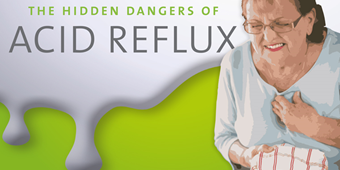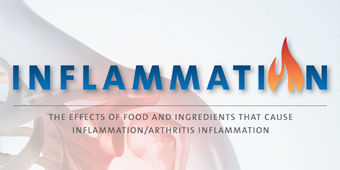Secrets to Eating Healthy at Any Age

Find Your Perfect Match
Answer a few questions and we'll provide you with a list of primary care providers that best fit your needs.
A balanced diet, along with regular exercise, is the key to good health at any age. Women have special nutrient needs that change at each stage of life. Follow these tips for eating right every step of the way:
- 20s: Build your bones
This is the decade to build bone density. That means calcium, which builds strong bones and contributes to healthy muscles, nerves and heart. Watching your weight? Don’t pass up dairy products – instead opt for fat-free or low-fat milk and yogurt, and reduced-fat cheese. Or load up on calcium-fortified orange juice and cereals, beans, leafy greens, almonds and canned salmon with bones. Your body will thank you later. - 30s: Eating for two
Many women are having babies well into their 30s. If you plan on becoming pregnant, 400 micrograms a day of folic acid is recommended. Many breads, cereals and grain products are fortified with folic acid. It’s also the time to start thinking about how to prevent the chronic diseases that become more common as we age. - 40s: Extra vigilance – and fiber

Life may begin at 40, and it’s also when we start the aging process, so make sure you’re in the best shape possible. Be extra vigilant about eating lots of fruit and vegetables – they’re packed with vitamins, minerals and fiber. To stay healthy, adults need at least 2 cups of fruit, and 2 ½ cups of vegetables every day. And don’t forget fiber, which can protect against heart disease and some cancers. - 50s: Calories do count
Perimenopause and menopause bring big changes in the 50s, along with hormone fluctuations and changes in metabolism. It’s not uncommon to experience weight gain, especially around the waist, which can drive diabetes and other health-related issues. This is the decade to decrease calorie intake and increase activity. Also essential – vitamin D, which is used in every cell of the body. - 60s and beyond: Pack on the protein
Protein plus regular strength-building exercise is the right recipe for maintaining muscle, which we lose as we age. The average woman needs about 5 to 6 ounces of protein each day. Chicken, fish, pork, lamb and beef are all good sources. Vegetarians may opt for eggs, beans, tofu and nuts, as well as dairy products. And to keep your brain and nervous system healthy, take vitamin B12.
At any age, it’s wise to avoid unnecessary calories from added sugars, fat and alcohol:
- Keep sugary soft drinks, candy, baked goods and fried foods to a minimum.
- Limit alcohol to one drink per day. For women, this means 12 ounces of beer or 5 ounces of wine.
- Choose low-fat dairy and meat products.
- Avoid foods high in saturated fat, like sausages, cheese, full-fat dairy products and pizza.
Find Your Perfect Match
Answer a few questions and we'll provide you with a list of primary care providers that best fit your needs.
Source: Eatright.org Academy of Nutrition and Dietetics, 2015




